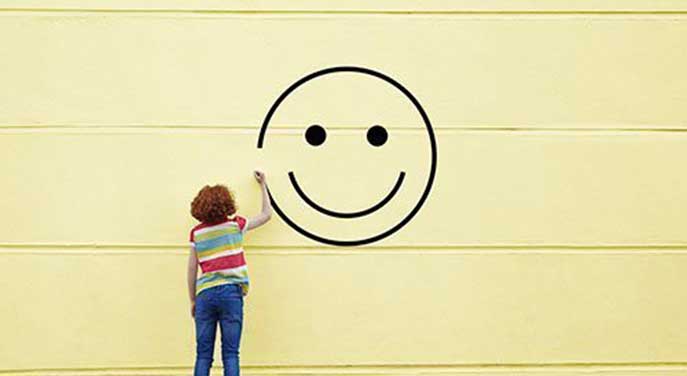 There’s nothing more significant than living with meaning.
There’s nothing more significant than living with meaning.
This is the concept pondered by the Jewish psychiatrist Viktor Frankl as he struggled to remain alive for three years in Nazi concentration camps.
Frankl established the groundwork for his psychological theory on the importance of finding meaning in life before he was sent to Auschwitz. He had great success in preventing suicides by helping his patients to realize their lives had meaning. As he and his comrades fought to remain alive each day, his theory was galvanized. Those who had a ‘why’ to live often managed to find a ‘how,’ despite the unlikelihood of their survival.
Man’s Search for Meaning is his most famous work, and Frankl’s writings and lectures have positively impacted millions of people. Those facing tremendous challenges and setbacks in life are often those most drawn to his work and most changed by his teaching.
In a world that tells us that we are what we have and do, that suffering is our fault, that it’s shameful and should be avoided at all costs, Frankl’s words don’t make sense. Yet, in our consumer society, where so many of us live in a fashion our ancestors would only dream of, we’re unhappy and unfulfilled.
| RELATED CONTENT |
| The pursuit of happiness: in each life, there should be meaning By Gerry Chidiac |
| Is happiness the point of human life? By Dana Wilson |
| Stop blaming others for your unhappiness By Faith Wood |
Perhaps we’re forgetting the fundamental that forms the central theme of Frankl’s philosophy: “Life’s meaning is an unconditional one, at least potentially. That unconditional meaning … is paralleled by the unconditional value of each and every person.”
It’s then up to each of us to discover and embrace the meaning in our lives.
Frankl agrees that seeking out suffering is masochism but that suffering is an inevitable part of every human life. The key is to embrace the challenges we face and continue to live with meaning, despite the circumstances. As Friedrich Nietzsche and Kelly Clarkson tell us, “What doesn’t kill you makes you stronger.”
Knowledge of these truths became a significant part of the ‘why’ that allowed Frankl to survive the torture of the Nazis, despite having lost the life he had known and most of his family under Nazi tyranny. To survive, he began to imagine himself teaching the lessons he was learning after being freed. Miraculously, he went on to achieve this goal.
The fact that all human life has meaning brings up numerous questions. It certainly allows each of us to embrace our beautiful humanity and realize that no one else will ever be able to impact the world as we do.
Pondering this makes us go a step further and realize that the most meaningful thing we can do is to support those around us in embracing their meaning, their unique gift to the world.
Where does this stop?
For generations, our leaders told us that only certain human lives have meaning and value. We only needed to care about those who looked like us, believed like us, talked like us, or fit whatever standard we were told made us who we are and them who they are.
Was it not this logic that led the world to Auschwitz?
Isn’t it ironic that a lesson galvanized in Auschwitz has the power to liberate the world from this bastardization of our humanity?
Human life is meaningful because we’re human. This is as true for the most wealthy and powerful billionaire as it is for the child dying of hunger in a refugee camp.
Ultimately, each of us has a choice. We can live in a way that will create another Auschwitz or in a manner that liberates the world from the tyranny that created Auschwitz.
Frankl lived a very meaningful life. He gifted each of us with direction for finding meaning in our humanity.
Gerry Chidiac specializes in languages, genocide studies and works with at-risk students. He is the recipient of an award from the Vancouver Holocaust Education Centre for excellence in teaching about the Holocaust. For interview requests, click here.
The opinions expressed by our columnists and contributors are theirs alone and do not inherently or expressly reflect the views of our publication.
© Troy Media
Troy Media is an editorial content provider to media outlets and its own hosted community news outlets across Canada.


